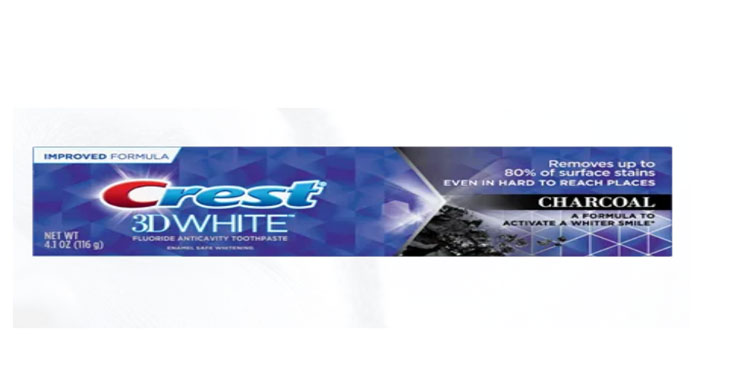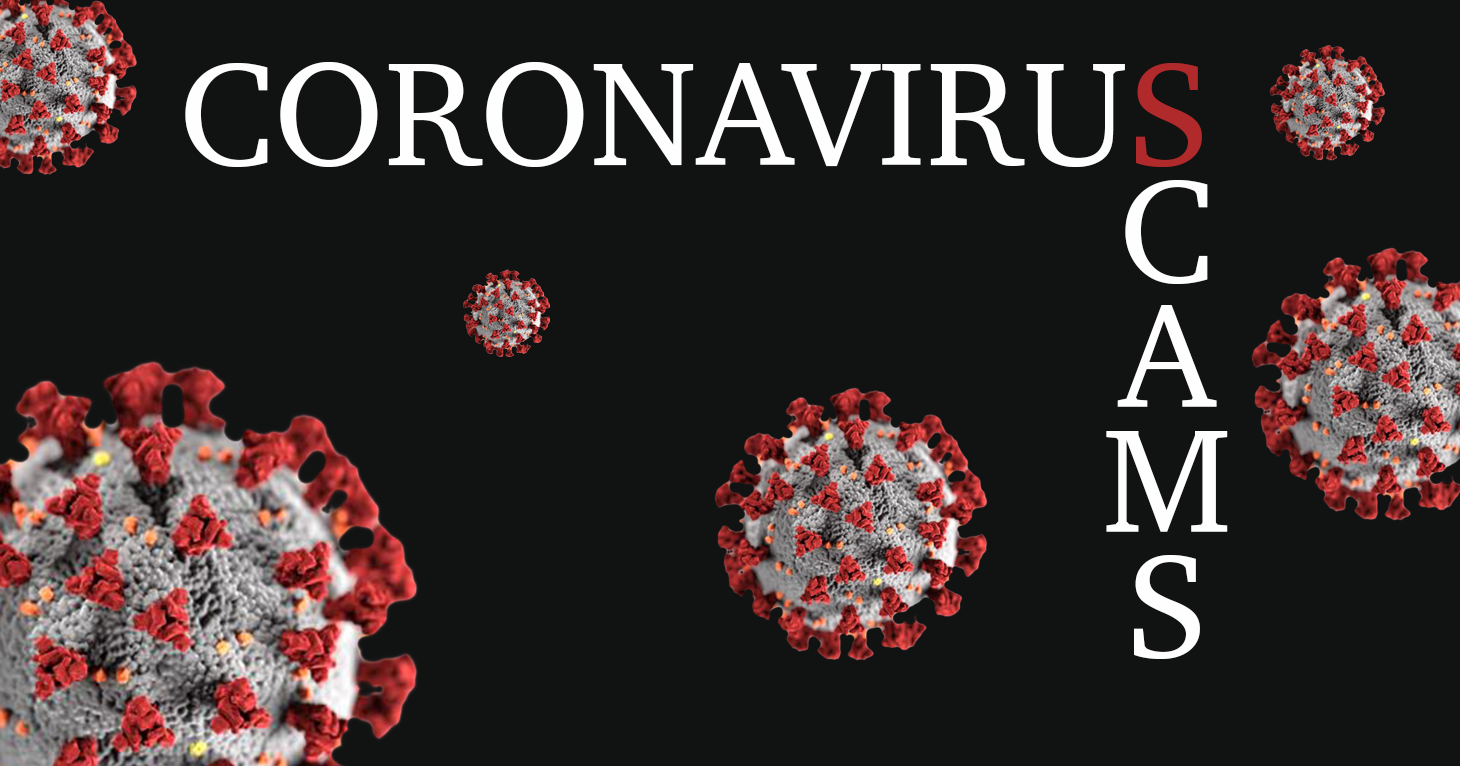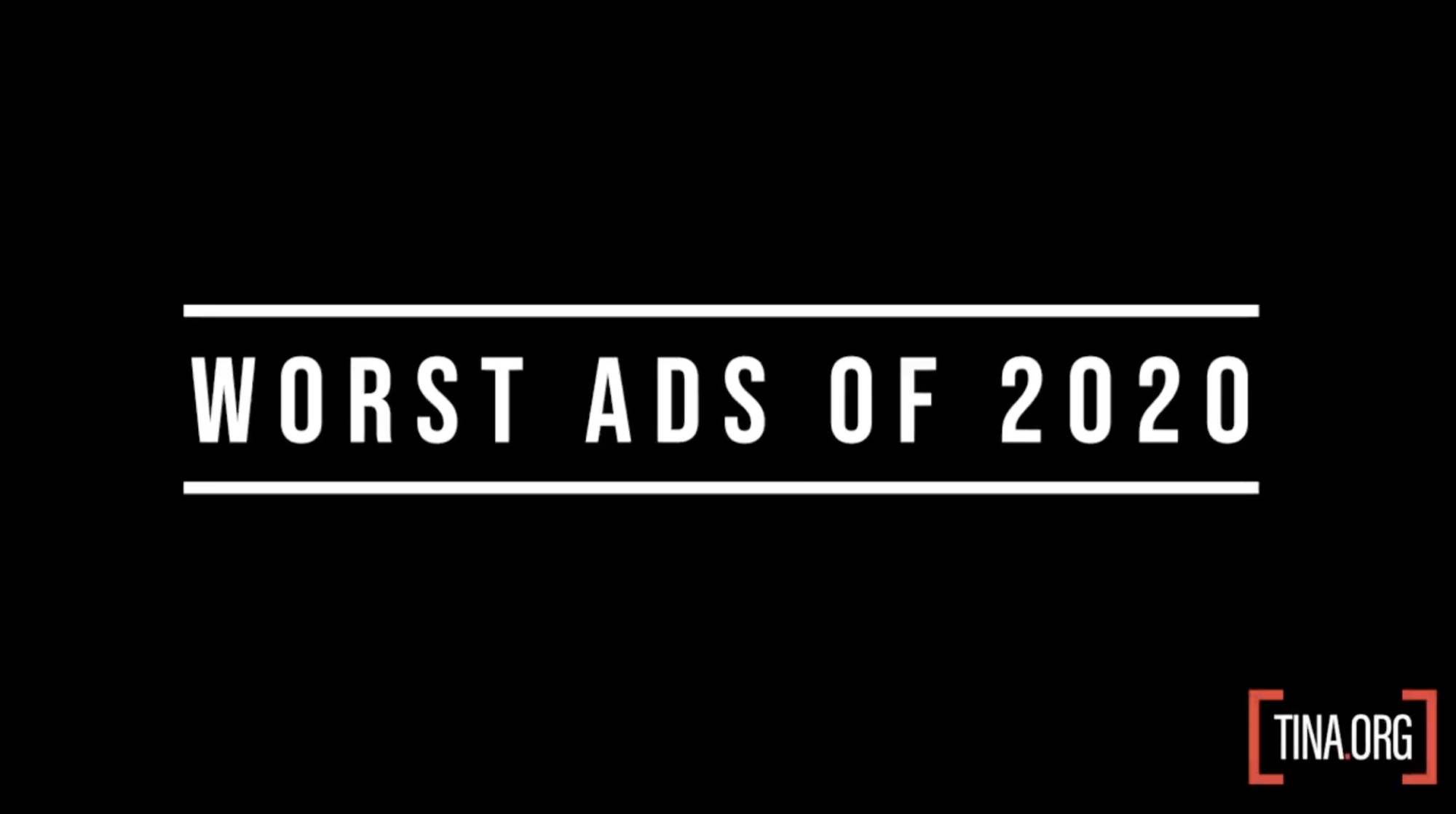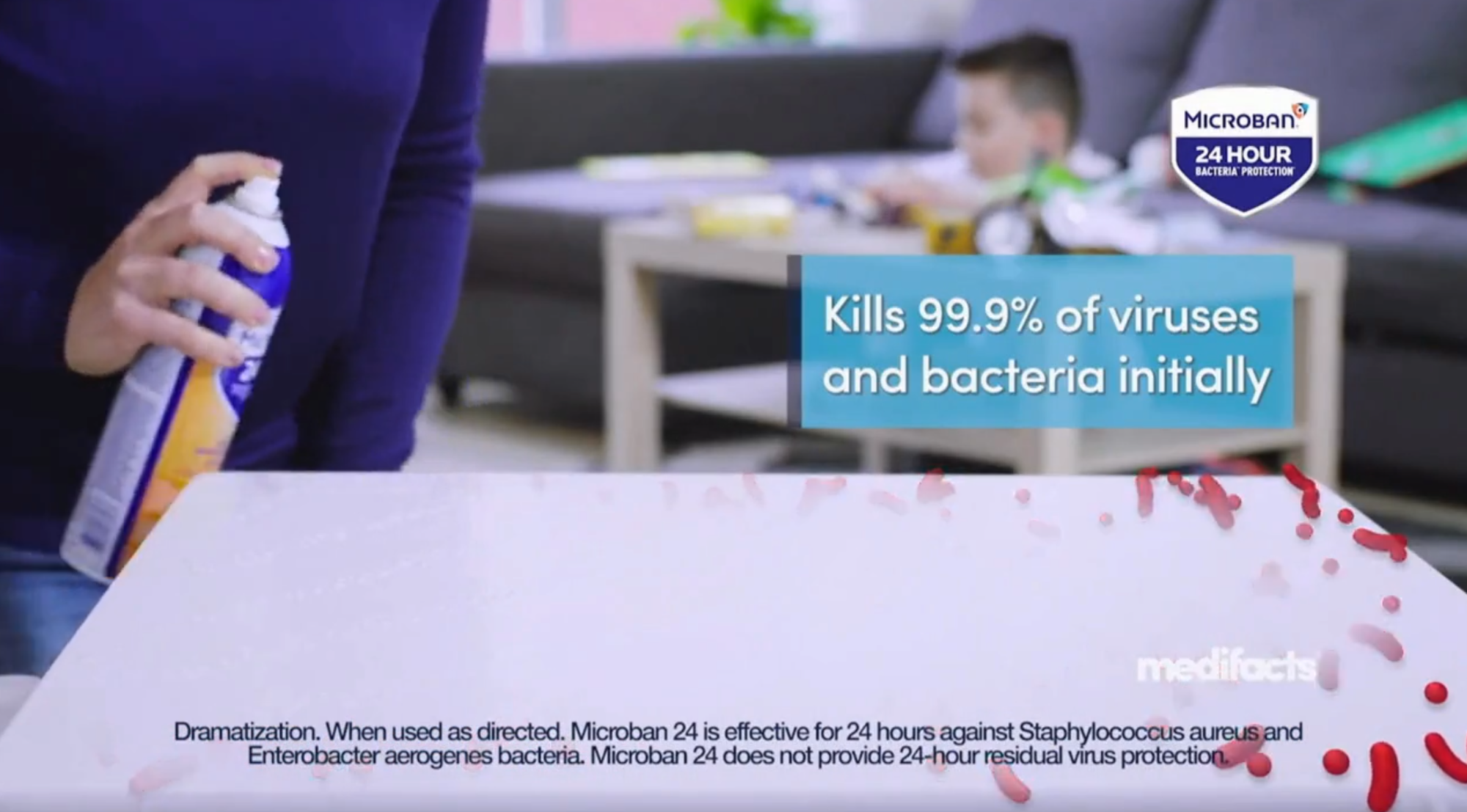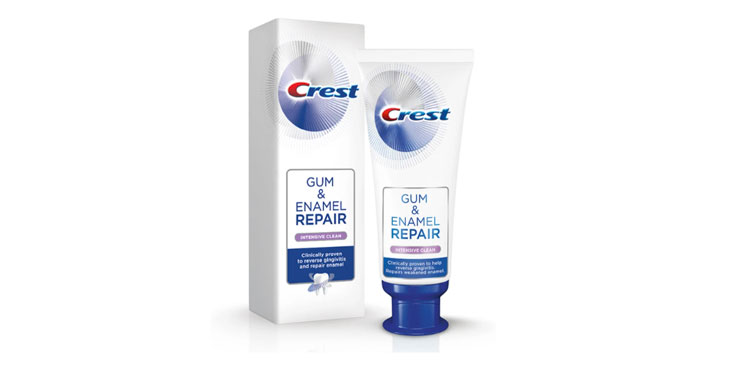
Crest Gum & Enamel Repair Toothpaste
Allegations: Falsely advertising that toothpaste will repair gums
March 2014: The appeal was dismissed When a complaint is dismissed with prejudice, it cannot be refiled. pursuant to a settlement agreement. The terms of the settlement have not been disclosed.
October 2013: A federal judge granted final approval of the settlement. Later in October, an objector filed a Notice of Appeal regarding the decision to approve the settlement.
February 2013: A federal judge preliminarily approved a class-action lawsuit settlement between Proctor & Gamble Co. and consumers who claimed the company falsely advertised its Crest Sensitivity Treatment & Protection toothpaste as providing relief from tooth sensitivity “within minutes.” P&G has agreed to refund the actual purchase price to Class Members who submit a valid Claim Form and documentation showing the actual price paid. For those Class Members who don’t have the proper documentation, P&G has agreed to refund them $4. (Edward Rossi v. The Proctor & Gamble Co., Case No. 11-cv-07238, D. N.J.)
Allegations: Falsely advertising that toothpaste will repair gums
Allegations: Falsely marketing that the toothpastes repair gums
Allegations: Misleadingly representing that toothpastes will repair damaged gums and enamel
Allegations: Misleadingly representing that toothpaste will repair damaged gums and enamel
Allegations: Misleadingly marketing charcoal toothpastes as safe, gentle, whitening, and healthy when they pose safety risks and are abrasive
Several products marketed as ‘non-drowsy’ contain an ingredient that causes drowsiness, lawsuits claim.
See how you stack up.
A master list of known and alleged scams.
Sanitizing spray does not provide 24-hour protection against viruses, despite what its TV commercial may make you think.
